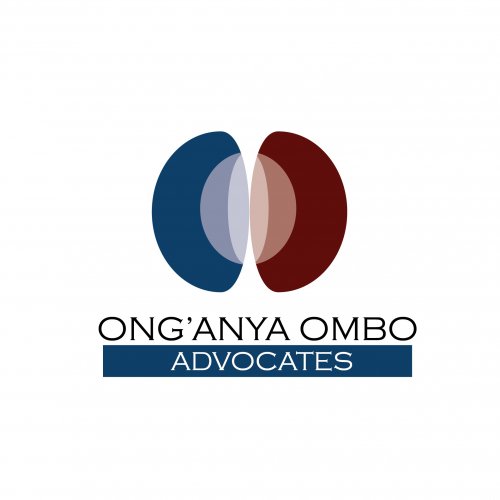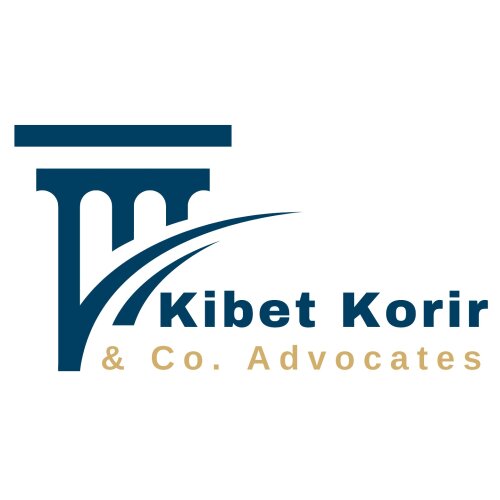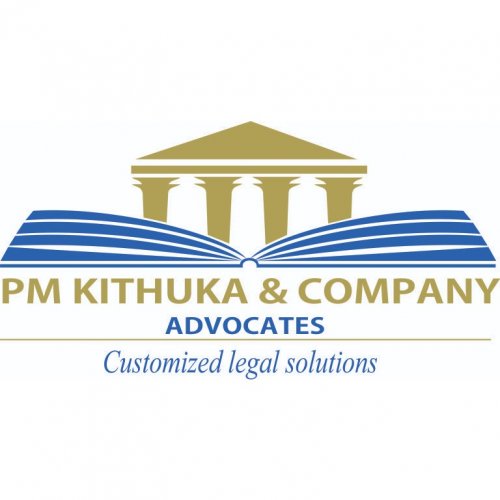About Government Contract Law in Kenya
Government contract law in Kenya encompasses the legal framework that governs the creation, interpretation, and enforcement of contracts between the government and private entities. This includes procurement laws, public procurement and asset disposal frameworks, and regulations that ensure fair and transparent processes in government contracting. The Public Procurement and Asset Disposal Act, 2015, is a pivotal piece of legislation that provides a structured legal environment aimed at fostering accountability, value for money, and sustainable procurement practices in Kenya.
Why You May Need a Lawyer
Navigating government contracts can be complex and fraught with potential pitfalls. Common situations where legal expertise may be required include:
- Understanding tender documents and bid requirements.
- Addressing disputes over bid awards or contract terms.
- Ensuring compliance with procurement laws and regulations.
- Handling contract negotiation and drafting specialized agreements.
- Managing contract breaches and enforcing legal remedies.
In these instances, an experienced lawyer can help interpret legal obligations, protect your interests, and guide you through the intricate legal processes involved in government contracts.
Local Laws Overview
Government contracts in Kenya are primarily governed by the Public Procurement and Asset Disposal Act, 2015, which outlines the procedures for procurement and disposal of unserviceable, obsolete, or surplus stores and equipment by public entities. Key aspects of local laws relevant to government contracting include:
- Mandatory public procurement processes to ensure transparency.
- The requirement for fair competition and equitable treatment of bidders.
- Strict adherence to environmental, social, and economic policies in contracts.
- The roles and responsibilities of the Public Procurement Regulatory Authority (PPRA) and the Public Procurement Administrative Review Board (PPARB).
- Provisions for the resolution of disputes arising from tender processes.
Frequently Asked Questions
What is a government contract?
A government contract is an agreement between a government entity and a private party that binds both parties to specific obligations and rights.
How is a government contract awarded in Kenya?
Contracts are awarded following a competitive bidding process as mandated by the Public Procurement and Asset Disposal Act, ensuring transparency and fairness.
Can foreign companies bid for government contracts in Kenya?
Yes, foreign companies can bid, but they must meet specific eligibility criteria and comply with local procurement regulations.
What is the role of the Public Procurement Regulatory Authority (PPRA)?
The PPRA is responsible for developing and enforcing public procurement policies, standards, and practices in Kenya.
How can I contest a government contract award decision?
You may file a complaint with the Public Procurement Administrative Review Board (PPARB) if you believe there has been a procurement process breach.
What happens if there is a breach of contract?
The affected party may seek legal remedies, including damages or termination, as stipulated in the contract terms.
Are there compliance requirements for government contractors?
Yes, contractors must comply with the terms stipulated in the contract, as well as adhere to relevant statutory and regulatory obligations.
How are disputes resolved in government contracting?
Disputes can be resolved through arbitration, court proceedings, or alternative dispute resolution mechanisms per the contract terms and applicable laws.
What is a tender document?
A tender document provides the details of the supply or service required, the terms and conditions, and the submission requirements for bidders.
Is there a minimum qualification for bidders?
Yes, bidders must meet specific technical, financial, and legal criteria outlined in the tender documents to qualify.
Additional Resources
For more information on government contracts in Kenya, consider reaching out to the following resources:
- Public Procurement Regulatory Authority (PPRA)
- Public Procurement Administrative Review Board (PPARB)
- Kenya Law Reports for relevant case law
- Local law firms specializing in government contracting
- The official e-Procurement Portal for the Kenyan Government
Next Steps
If you require legal assistance with a government contract, consider the following steps:
- Identify and consult a lawyer with experience in government contracts and procurement laws.
- Gather all relevant documents and evidence related to your situation.
- Prepare a list of questions or concerns you wish to discuss with your legal advisor.
- Consider filing or registering with the appropriate governmental bodies if necessary.
- Review legal advice thoroughly before making decisions or taking action.
Lawzana helps you find the best lawyers and law firms in Kenya through a curated and pre-screened list of qualified legal professionals. Our platform offers rankings and detailed profiles of attorneys and law firms, allowing you to compare based on practice areas, including Government Contract, experience, and client feedback.
Each profile includes a description of the firm's areas of practice, client reviews, team members and partners, year of establishment, spoken languages, office locations, contact information, social media presence, and any published articles or resources. Most firms on our platform speak English and are experienced in both local and international legal matters.
Get a quote from top-rated law firms in Kenya — quickly, securely, and without unnecessary hassle.
Disclaimer:
The information provided on this page is for general informational purposes only and does not constitute legal advice. While we strive to ensure the accuracy and relevance of the content, legal information may change over time, and interpretations of the law can vary. You should always consult with a qualified legal professional for advice specific to your situation.
We disclaim all liability for actions taken or not taken based on the content of this page. If you believe any information is incorrect or outdated, please contact us, and we will review and update it where appropriate.

















